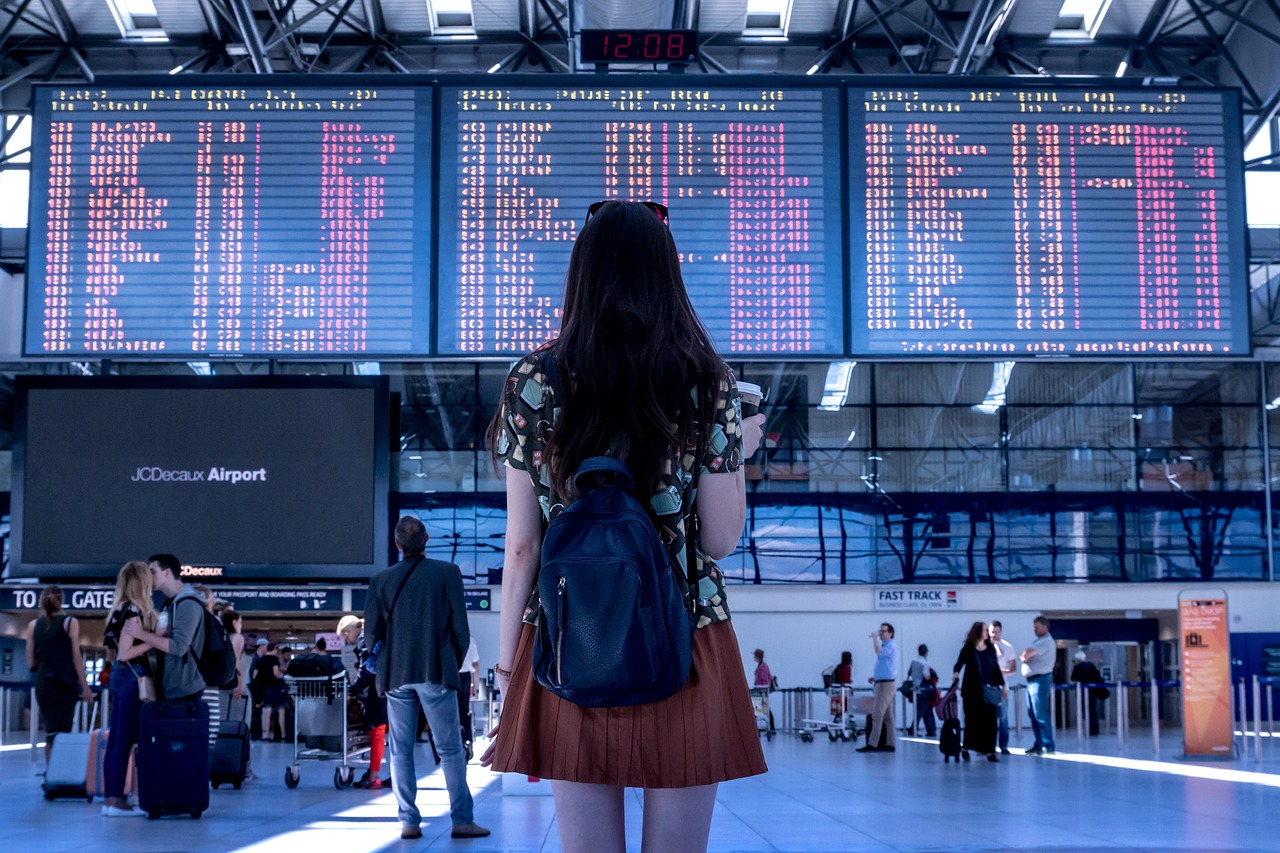Geographer Dr Niklas Völkening from the University of Augsburg is researching the impact of climate change on Bavarian accommodation in tourist regions and what motivates them to take measures towards climate neutrality themselves. The results provide insights into the obstacles and opportunities of a transformation of the industry towards more climate and environmental protection.
Augsburg/Germany, February 24, 2025 In its most natural form, tourism reflects people’s need for recreation/regeneration and thus the change in individualism. Tourism shows how people are driven by circumstances to go where the masses want to go, to find relaxation. Only a few are prepared to discover new things, which is not really favoured by travel companies. Social media will change that. But there is still a long way to go. While Bavaria is considered a holiday paradise, the tourism industry is facing a major challenge: climate change. With around 100 million overnight stays in 2023, tourism plays a crucial economic role in Bavaria. But with this importance comes responsibility: according to estimates, accommodation establishments produce an average of 14 kilograms of CO₂ emissions per overnight stay. While the Bavarian Climate Protection Act – still – sets the goal of making Bavaria climate-neutral by 2030, current research results from the University of Augsburg show that the industry has so far fallen short of the requirements.
Many accommodations are already realising measures such as PV systems, heating refurbishment or automation of the air conditioning system. However, many do not realise that they will all have to be climate-neutral from 2040 and that CO2 emissions will then have to be offset by purchasing certificates.
Climate change poses new challenges, while at the same time the pressure for climate-neutral and climate-adapted solutions is growing.
Geographer Dr Niklas Völkening is researching the impact of climate change on Bavarian accommodation in tourist regions and what motivates them to take climate neutrality measures themselves. The results of the study provide insights into the obstacles and opportunities for a climate-friendly transformation of the industry.
‘We used a two-stage process: We gained an overview of the situation with 26 interviews in Augsburg and the Allgäu region,’ says Völkening. ‘This was followed by a Bavaria-wide online survey in which 666 businesses took part.’ The answers are representative of the hotels and holiday flats in Bavaria.
Is tourism feeling the effects of climate change?
Around 56 per cent of the businesses surveyed stated that they are not currently experiencing any negative impact of climate change on their business. Slightly less than a third are feeling the negative effects of climate change – such as the lack of snow in ski resorts. It is interesting to note that 14 per cent see a positive effect, for example because the summer season lasts longer.
However, the feeling of being affected has no influence on whether companies invest in their own climate protection measures. ‘In fact, significantly more measures are implemented in companies whose management has a strong personal interest in climate protection,’ reports Völkening.
Lack of knowledge, uncertainty and high costs
Overall, there is a lack of knowledge and uncertainty regarding standards and regulations. More than three quarters of respondents do not know how high their operational emissions are, which makes targeted climate protection measures difficult. Unclear legal requirements and a lack of predictability mean that 82% of companies are reluctant to implement measures. High organisational costs and a lack of economic incentives are further obstacles.
‘Inflation, booking behaviour and a shortage of skilled workers are issues that concern the owners of hotels and holiday flats more than climate change,’ reports the geographer.
Who is responsible?
In the survey, 60 per cent believe that politicians and guests are responsible for greater sustainability in the industry. On the one hand, clear legal regulations and support programmes are necessary. On the other hand, holidaymakers should demand more climate-neutral accommodation.
‘I see this as questionable in two respects,’ says Völkening. ‘On the one hand, responsibility is being passed on, which I also see as being the responsibility of the businesses. On the other hand, it is surprising that others are supposed to set the guidelines and the industry itself is handing over the reins.’
Only 27 of the hotels surveyed already offset their CO₂ emissions. This is often advertised in the hotel lobby with a certificate or on the website. However, this has not yet had any impact on booking behaviour. A few establishments are benefiting business travellers because companies favour climate-neutral accommodation with a view to their own carbon footprint. ‘One problem is that there is currently a proliferation of labels for climate neutrality for hotels and holiday flats,’ says Niklas Völkening. Standardised and reliable labelling is important.
Image source
Jan Vašek Pixabay


